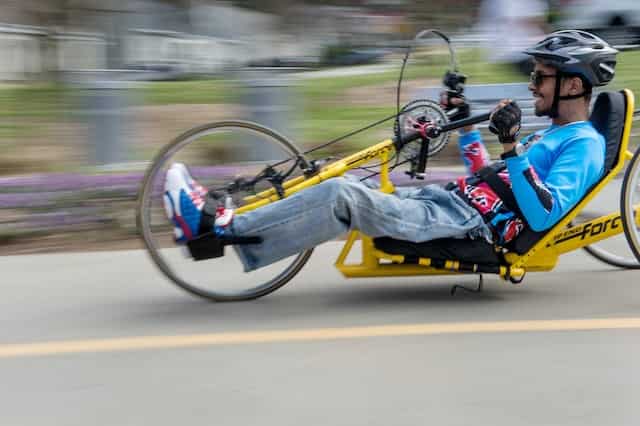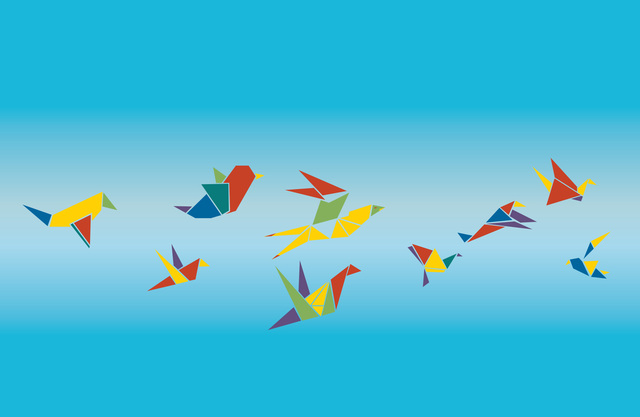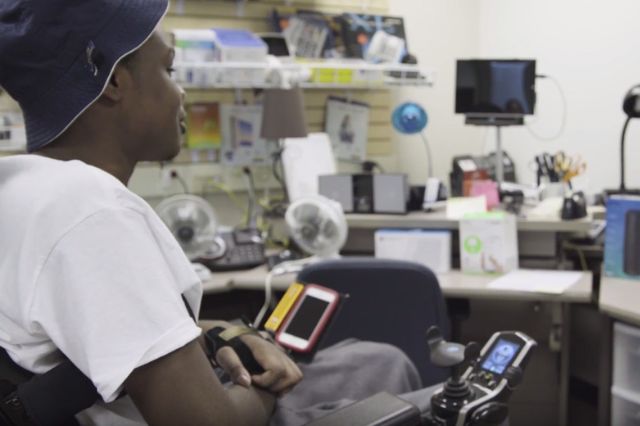Concussion Education and Prevention
Preventing concussions through awareness
A concussion is not a visible injury. For some people, symptoms of a concussion will develop immediately while others will have delayed symptoms days or weeks after the injury has occurred. Concussion education for athletes, parents, coaches, athletic staff, and peers is vital in understanding how to identify a concussion, seek the proper medical attention, and mitigate the risks of athletes sustaining concussions.
Concussion Causes
A concussion is a mild traumatic brain injury caused by a sudden jolt or blow to the head. Concussions are commonly associated with contact sports like football or boxing but also occur in non-contact sports and activities, such as diving and cycling.
Concussion Prevention
There is no specific method or equipment that will entirely protect a person from getting a concussion. However, concussion education is a preventative measure that includes encouraging safety among athletes and understanding concussion symptoms and signs so that the appropriate medical care is provided if an individual is concussed.
How Can You Help Your Athlete Prevent a Concussion
These are measures athletes, coaches, and parents can take to decrease the likelihood of players sustaining a concussion:
- Ensure that they follow their coach’s rules for safety and the rules of the sport.
- Encourage them to practice sportsmanship. Overly aggressive and dirty play in contact sports may lead to head injuries.
- Make sure they wear the right protective equipment for their activity (such as helmets, padding, shin guards, and eye and mouth guards). Protective equipment should fit properly, be well maintained, and be worn consistently and correctly.
- Learn the signs and symptoms of a concussion.
Concussion Signs and Symptoms
If an athlete sustains a jarring bump or blow to the head, they could experience a concussion. It’s imperative to their recovery that they are evaluated for a concussion as soon as their injury occurs. Looking for the following signs and symptoms can ensure the appropriate course of action is taken for their treatment.
Signs Parents, Coaches, and Athletic Staff may observe:
- Loses consciousness (even for a moment)
- Disorientation and confusion
- Inability to respond appropriately to questions
- Blank or vacant stare
- Facial injury after head trauma
- Clutching head
Symptoms athletes may report include:
Physical Symptoms
- Headaches
- Dizziness
- A feeling of being off-balance
- Sensitive to light and/or noise
- Increased fatigue
- Visual difficulties
Sleep Symptoms
- Changes in your sleep patterns
- Trouble falling and/or staying asleep
Emotional Symptoms
- Increased irritability
- Feeling of sadness or being down
- Anxiety or nervousness
- Mood swings
Cognitive Symptoms
- Decreased attention
- Memory problems
- Slower thinking
- Difficulty following directions
What Should You Do if You Suspect an Athlete Has a Concussion
- Seek medical attention right away. A healthcare professional will be able to decide how serious the concussion is and when it is safe for an athlete to return to regular activities, including sports.
- Remove the athlete from play. Concussions take time to heal. Don't let the athlete return to play the day of the injury. Wait to return to play until a healthcare professional says it's okay. Athletes who return to play too soon increase their chance of having a repeat concussion. Repeat or later concussions can be very serious. They can cause permanent brain damage.
- Inform your athlete’s coach about any recent concussion. Coaches should know if the athlete has had a recent concussion in any sport.
When should an athlete see a specialist for their concussion?
Your primary care physician can diagnose and treat any concussion symptoms you may experience. However, if your symptoms do not go away after two weeks or worsen, a multidisciplinary facility such as the Complex Concussion Clinic can provide an individualized evaluation by a team of concussion specialists to determine the best course of treatment for your recovery.
Concussion Clinic at Shepherd Center
Contact Us
Our Address
80 Peachtree Park Drive NE
Atlanta, GA 30309
Clinic Hours
Monday to Friday
8:00 a.m. - 4:00 p.m. ET





